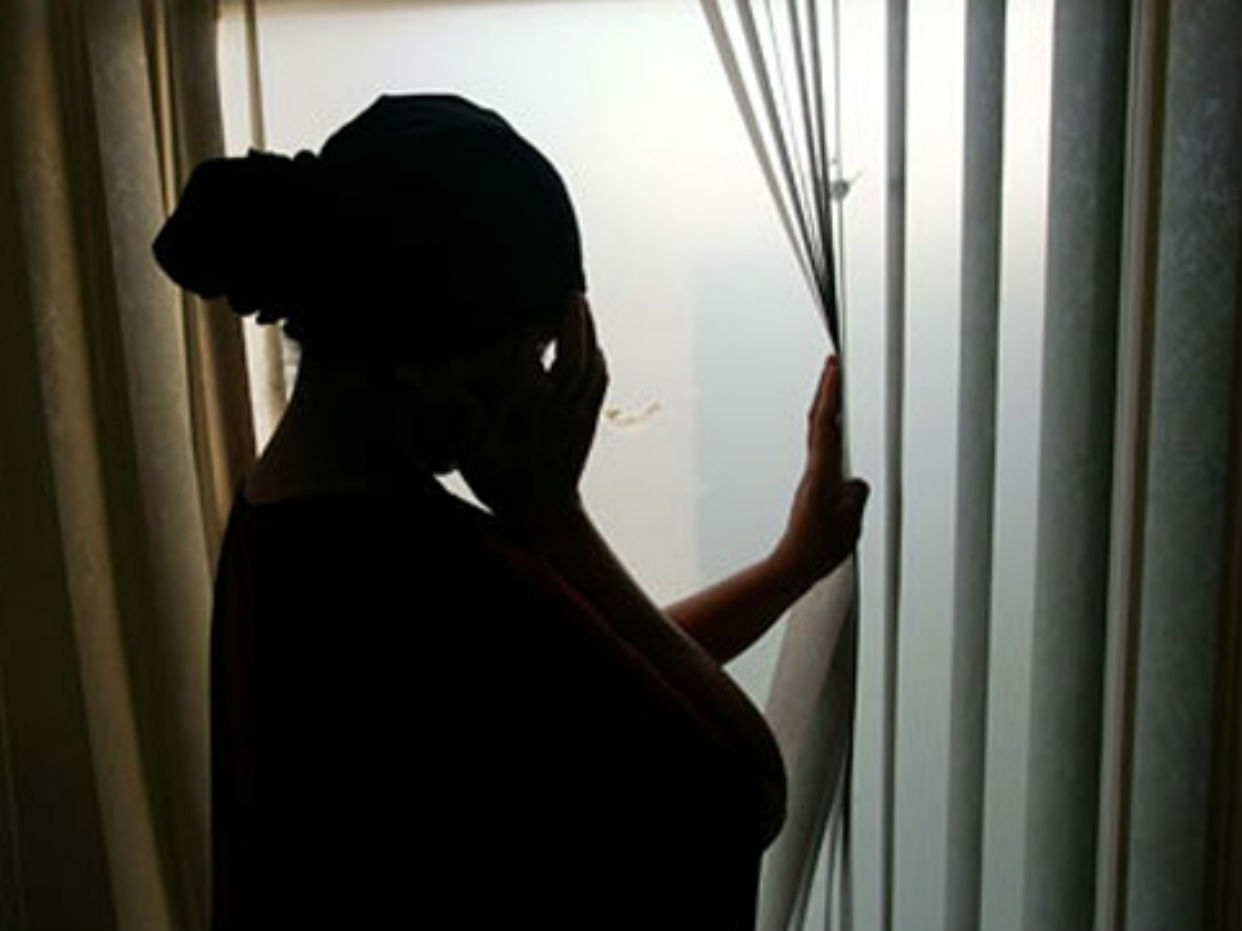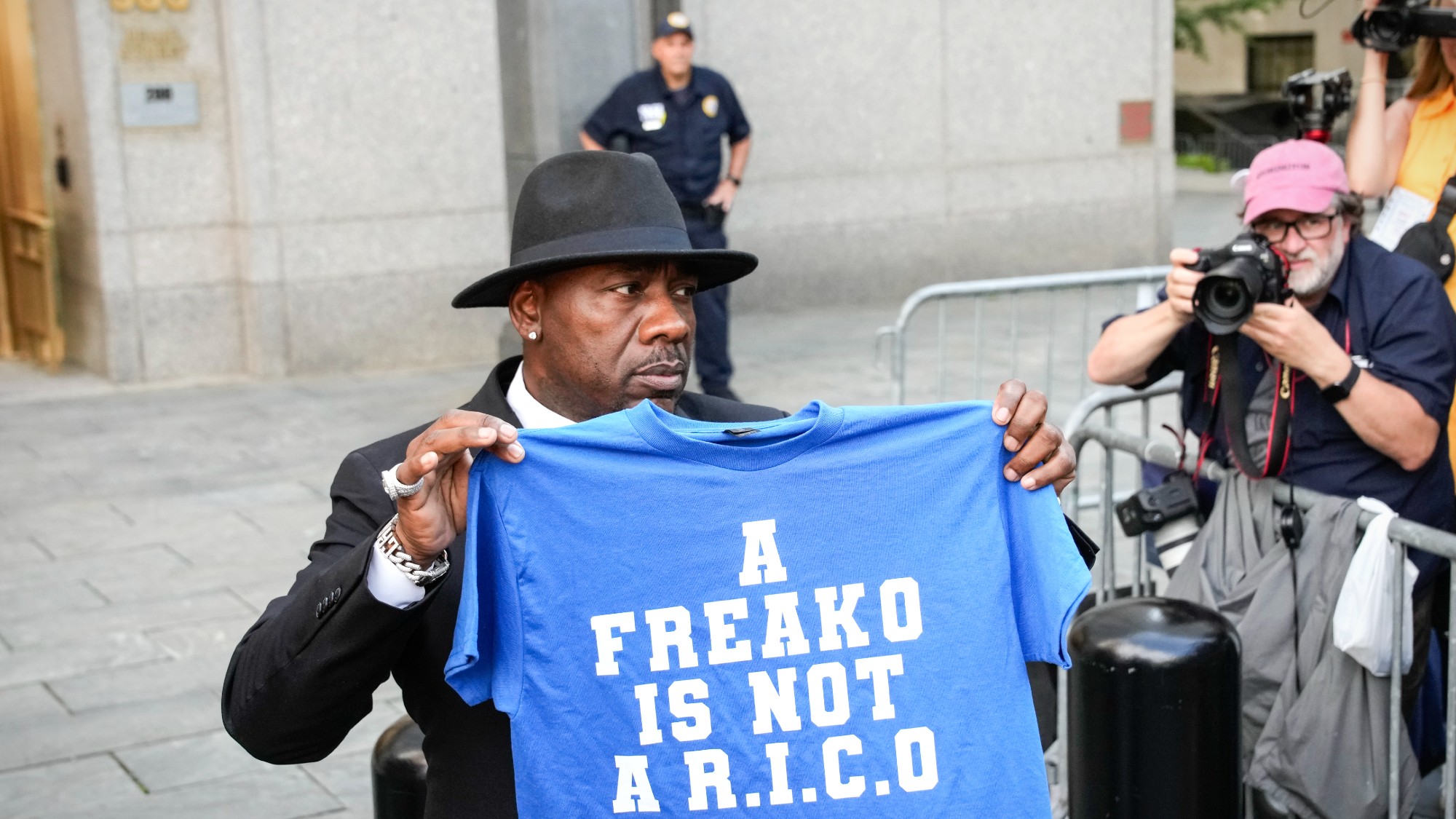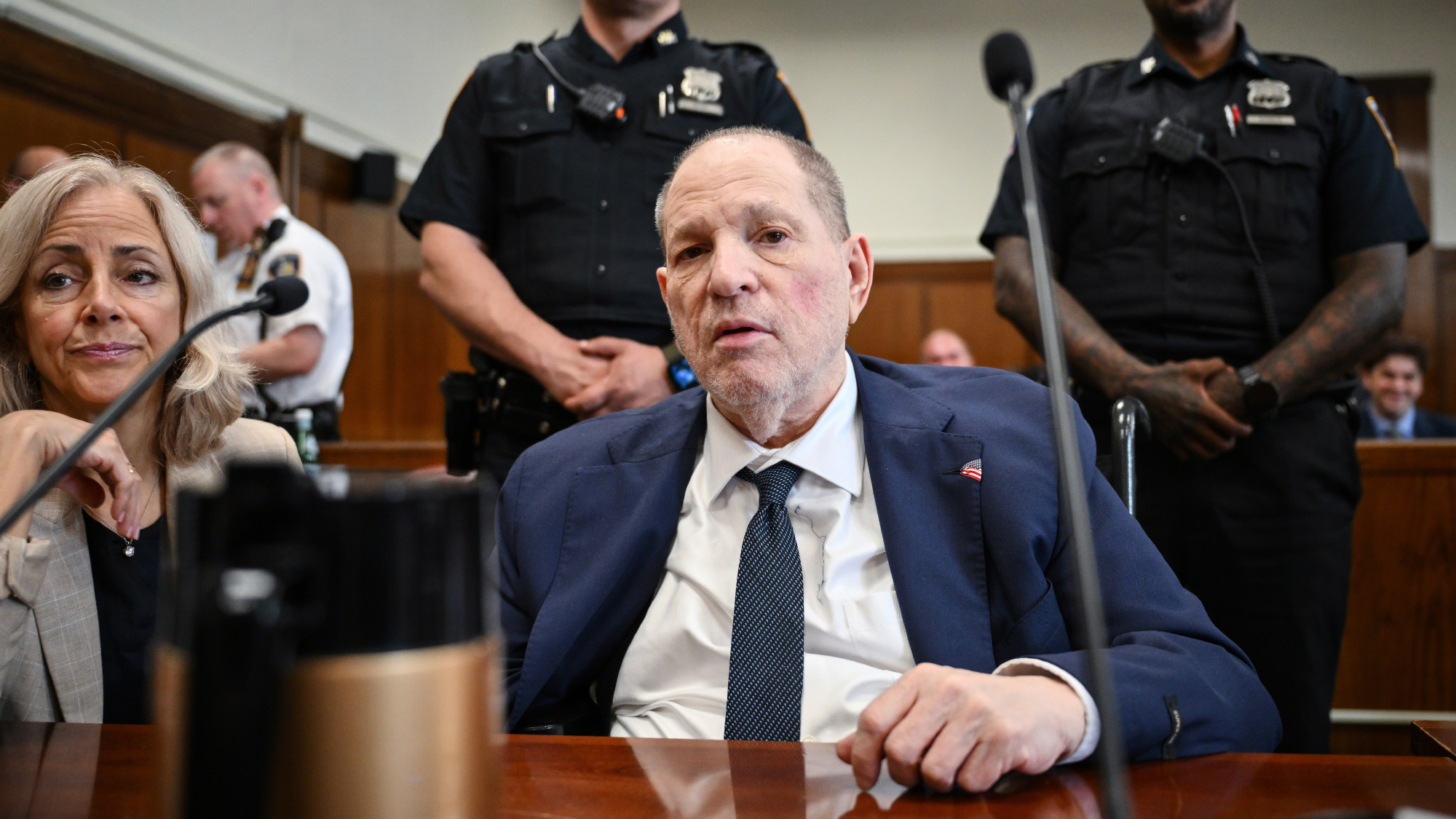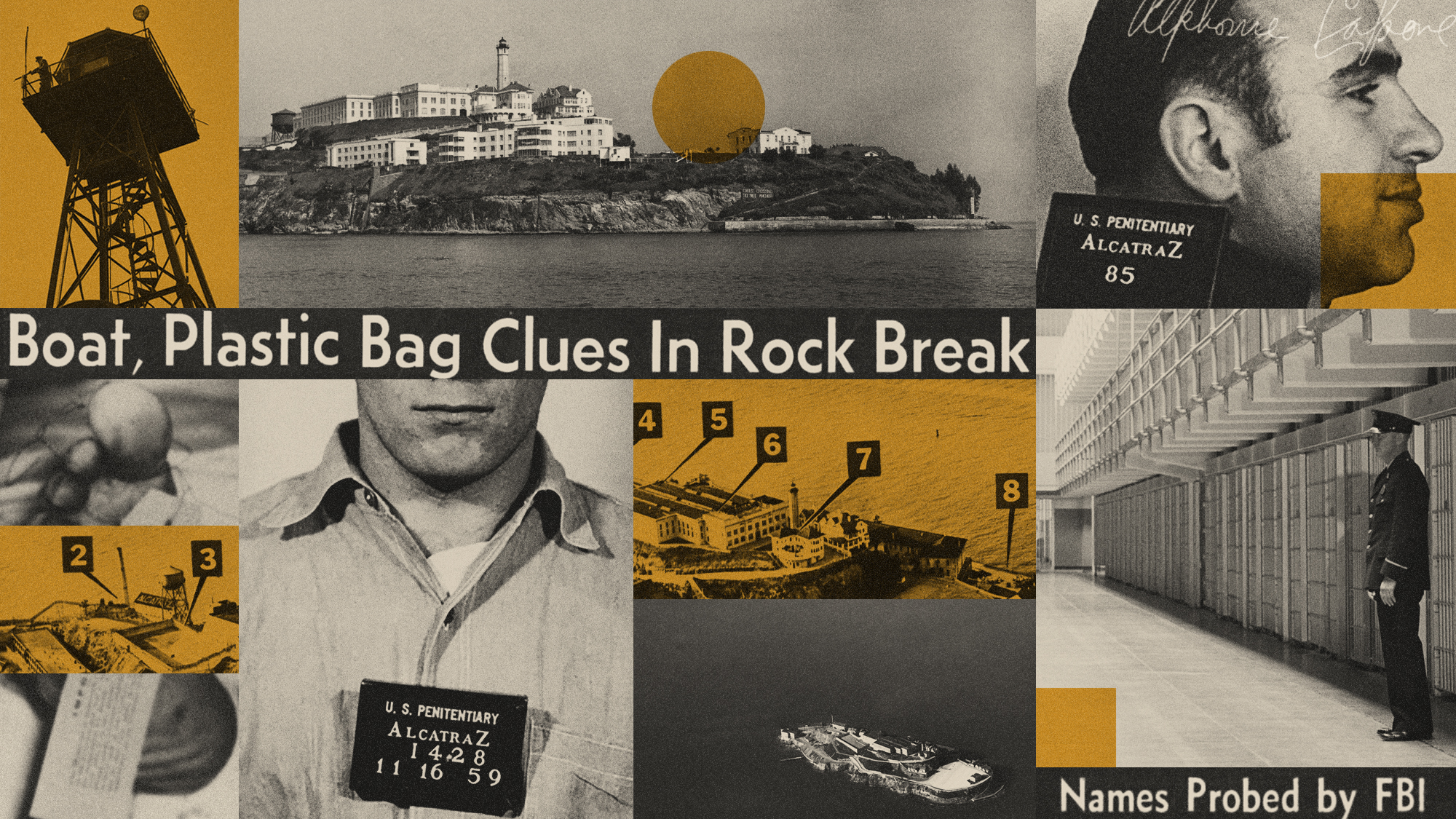Fact check: the truth about false rape claims
Are malicious allegations of sexual assault on the increase? The Week looks at the statistics

A free daily email with the biggest news stories of the day – and the best features from TheWeek.com
You are now subscribed
Your newsletter sign-up was successful
The #MeToo movement has reignited the debate about the prevalence of false rape and sexual assault allegations, amid claims that fabricated reports have become widespread.
The sceptics issuing such warnings include US President Donald Trump, who argued that the sexual assault claims made against newly appointed Supreme Court Judge Brett Kavanaugh are part of an epidemic of false allegations that ruin men’s lives.
“It is a very scary time for young men in America,” Trump said earlier this month. “You could be somebody that was perfect your entire life, and somebody could accuse you of something.”
The Week
Escape your echo chamber. Get the facts behind the news, plus analysis from multiple perspectives.

Sign up for The Week's Free Newsletters
From our morning news briefing to a weekly Good News Newsletter, get the best of The Week delivered directly to your inbox.
From our morning news briefing to a weekly Good News Newsletter, get the best of The Week delivered directly to your inbox.
But just how common are false rape claims, both in the US and the UK? The Week examines the facts.
Why do some people think they’re common?
The idea that false rape allegations are a common occurrence is a “widely held misconception in broad swaths of society”, according to a 2010 study by researchers from the University of Massachusetts and Northeastern University.
Many people, including police officers, believe that “a large proportion of rape allegations are maliciously concocted for purposes of revenge or other motives”, the study found.
A free daily email with the biggest news stories of the day – and the best features from TheWeek.com
A number of high-profile cases have helped reinforce this idea, including false accusations levelled against three Duke University students in 2006, as well as a fabricated story published by Rolling Stone in 2014 about an alleged gang rape at the University of Virginia.
These cases are “readily cited” by defence lawyers, politicians and “anyone else who wants a reason to discuss the dangers of false allegations,” says author and journalist Sandra Newman.
But research suggests that “every part of this narrative is wrong,” Newman writes in an article for Quartz.
“What’s more, it’s wrong in ways that help real rapists escape justice, while perversely making it more likely that we will miss the signs of false reports,” she argues.
What does the research say?
In one of the largest and most comprehensive studies ever conducted on the issue, the Home Office concluded that about 3% of rape cases in England and Wales probably involved false allegations.
The findings tally with a 2012 Ministry of Justice study, which estimated that 3% of 299 rape reports analysed were perceived to be malicious claims.
Separate research carried out by the Crown Prosecution Service (CPS) during a 17-month period between 2011 and 2012 found that there were 5,651 prosecutions for rape in England and Wales. By comparison, there were just 35 prosecutions for making false allegations of rape during that period.
The Home Office study also revealed that police officers often distrust victims, and believe the proportion of false claims to be much higher than it is in reality.
A “culture of suspicion remains within the police”, even among some of those who are specialists in rape investigations, according to the 2005 report.
Keir Starmer QC, the then director of public prosecutions, said false reports were “serious but rare”, and warned that a “misplaced belief” that these claims are commonplace can undermine efforts by police and prosecutors to investigate such crimes.
In the US, between 2% and 10% of sexual assault accusations are proven to be untrue, according to the 2010 study by university researchers.
The FBI, meanwhile, puts the number of “unfounded” rape accusations at around 8%.
But experts on both sides of the Atlantic warn that precise figures remain unknown, as rates of false reporting are frequently inflated, partly because of inconsistent definitions and protocols.
“There is considerable evidence of widespread misclassification by police departments and enormous disparities among police agencies in how cases are classified,” the university study found.
The researchers say that cases in which the victim is unable or unwilling to cooperate with police, makes inconsistent statements, or was heavily intoxicated at the time of the incident frequently get classified as false allegations, as do cases where evidence is lacking.
Corey Rayburn Yung, a law professor at the University of Kansas, agrees that the number of fabricated claims is probably much lower than the current statistics suggest. False reporting statistics are often used as “a dumping ground for cases police don’t want”, he told Vice.
What conclusion can we reach?
The best available evidence contradicts the belief that false rape and sexual assault allegations are a common occurrence.
False claims do occur, but they are extremely rare, making up roughly 3% of all rape reports in the UK and between 2% and 10% in the US - and even these numbers are widely considered to be inflated.
-
 How the FCC’s ‘equal time’ rule works
How the FCC’s ‘equal time’ rule worksIn the Spotlight The law is at the heart of the Colbert-CBS conflict
-
 What is the endgame in the DHS shutdown?
What is the endgame in the DHS shutdown?Today’s Big Question Democrats want to rein in ICE’s immigration crackdown
-
 ‘Poor time management isn’t just an inconvenience’
‘Poor time management isn’t just an inconvenience’Instant Opinion Opinion, comment and editorials of the day
-
 Maxwell pleads 5th, offers Epstein answers for pardon
Maxwell pleads 5th, offers Epstein answers for pardonSpeed Read She offered to talk only if she first received a pardon from President Donald Trump
-
 Death in Minneapolis: a shooting dividing the US
Death in Minneapolis: a shooting dividing the USIn the Spotlight Federal response to Renee Good’s shooting suggest priority is ‘vilifying Trump’s perceived enemies rather than informing the public’
-
 Trump pardons crypto titan who enriched family
Trump pardons crypto titan who enriched familySpeed Read Binance founder Changpeng Zhao pleaded guilty in 2023 to enabling money laundering while CEO of the cryptocurrency exchange
-
 The trial of Jair Bolsonaro, the 'Trump of the tropics'
The trial of Jair Bolsonaro, the 'Trump of the tropics'The Explainer Brazil's former president will likely be found guilty of attempting military coup, despite US pressure and Trump allegiance
-
 Trump lambasts crime, but his administration is cutting gun violence prevention
Trump lambasts crime, but his administration is cutting gun violence preventionThe Explainer The DOJ has canceled at least $500 million in public safety grants
-
 Combs convicted on 2 of 5 charges, denied bail
Combs convicted on 2 of 5 charges, denied bailSpeed Read Sean 'Diddy' Combs was acquitted of the more serious charges of racketeering and sex trafficking
-
 Weinstein convicted of sex crime in retrial
Weinstein convicted of sex crime in retrialSpeed Read The New York jury delivered a mixed and partial verdict at the disgraced Hollywood producer's retrial
-
 Alcatraz: America's most infamous prison
Alcatraz: America's most infamous prisonThe Explainer Donald Trump wants to re-open notorious 'escape-proof' jail for 'most ruthless and violent prisoners' in the US